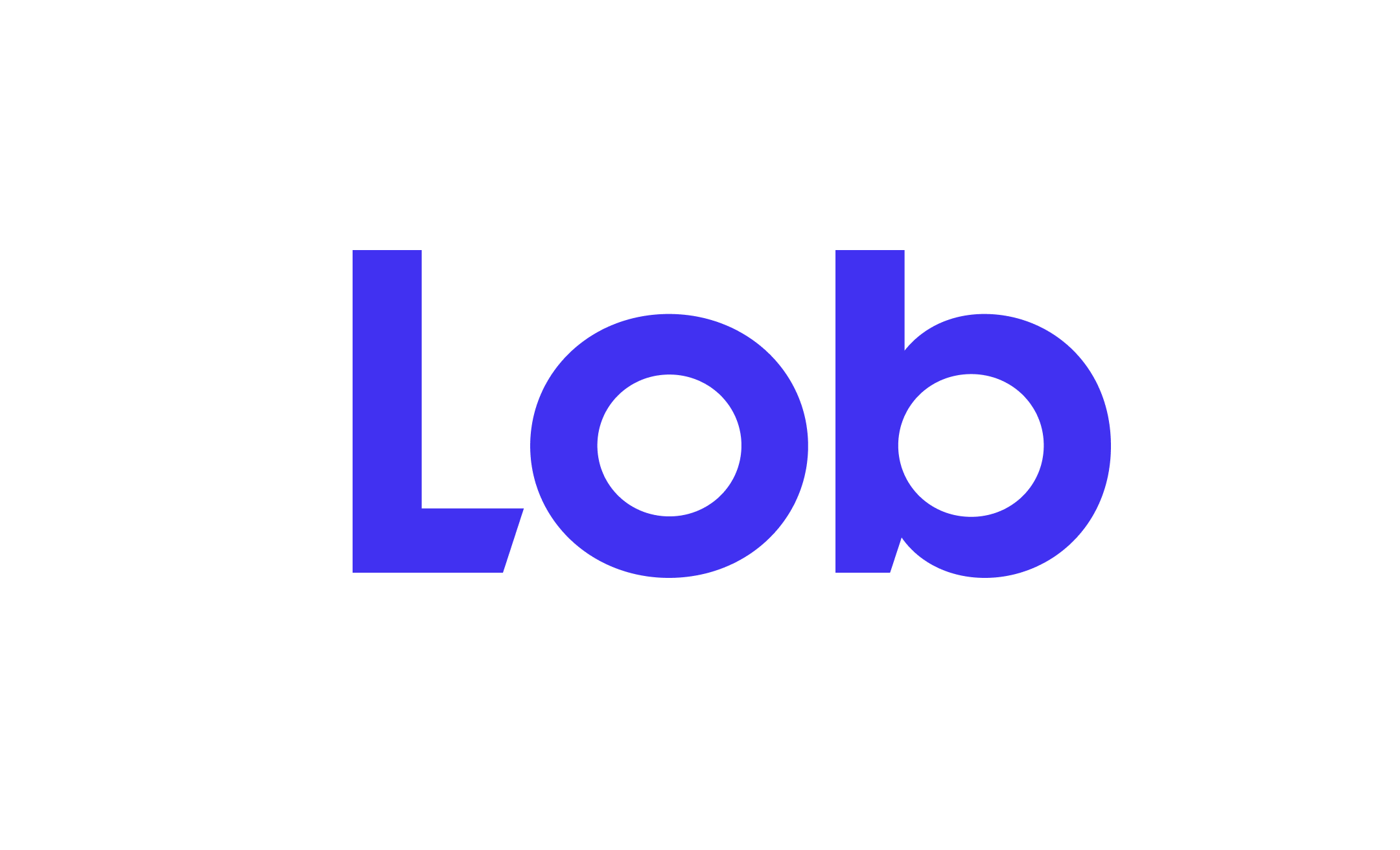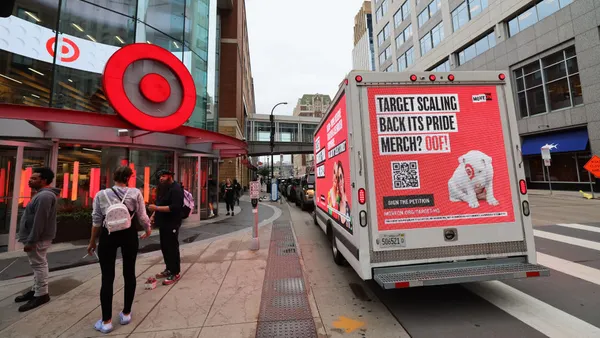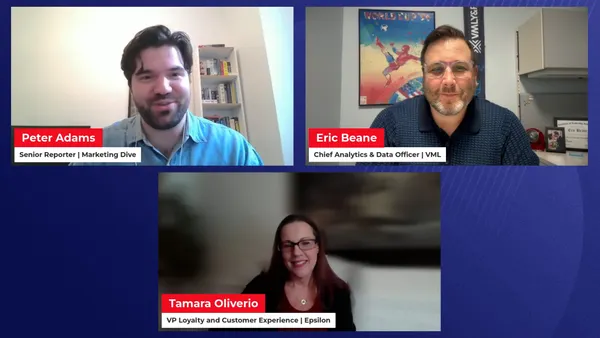Dive Brief:
- Business-to-consumer (B2C) marketers will increase their spending on loyalty and retention marketing by 15% in 2021, while cutting back on product- or performance-based marketing, Forrester Research predicted in a report shared with Marketing Dive. The focus on retaining customers will drive a 40% lift in the marketing messages that consumers receive, especially through direct channels like email and mobile messaging, Forrester forecasts.
- Marketers will ramp up their spending on automation 3% as they seek to cut the time that humans spend analyzing data to optimize marketing campaigns. Brands also will cut budgets for traditional corporate sponsorships, including those for professional sports stadiums and apparel, because they won't be able to justify the price amid challenges with measurement, according to Forrester.
- Consumer brands next year will see a shift toward localized, automated and retention-based marketing as the pandemic continues to impact their strategies. Key challenges will include greater difficulties in tracking consumers and a weaker economy that leads to reduced budgets and headcount.
Dive Insight:
As challenging as 2020 has been with multiple disruptions caused by the pandemic, marketers can expect many of those effects to linger into 2021 while facing newer hurdles. Under these circumstances, B2C marketers are likely to pay more attention to maintaining the loyalty of existing customers and encouraging repeat purchases from these consumers rather than investing in acquiring new customers. Vendors of loyalty programs are seeing greater interest in their services, while direct-to-consumer (DTC) brands that have disrupted many product categories have come to appreciate customer retention and recurring purchases as key revenue drivers, Forrester notes.
A key challenge for marketers will be standing out as consumers' inboxes get inundated with more offers and promotions from brands. Marketers will have to rework their email marketing and mobile messaging campaigns to be more contextually relevant by better anticipating customer needs, according to Forrester. Predictive analytics and "moments-based messaging" are among the tools that marketers are likely to leverage to optimize these messaging programs, the researcher predicted.
With more consumers moving out of urban areas and to the suburbs and rural regions, localized marketing will become more prominent, Forrester forecasts. The company cited the example of Nextdoor, whose ad revenue increased after the neighborhood-based social app saw a 73% jump in engagement during the pandemic, as an indicator of how marketers are seeking to engage consumers on a local level.
Amid the uncertainties of whether the rescheduled Summer Olympics will have fans in attendance, Forrester expects sports-related sponsorships to face greater scrutiny. The difficulty in measuring return on investment (ROI) from sponsoring public venues like sports stadiums will lead marketers to either shift their dollars to other programming like esports or abandon the efforts entirely, Forrester predicted. It cited the example of headwear company New Era abruptly ending its contract to name the Buffalo Bills stadium as a sign of what may come next year.
As the year progresses, marketers will face growing difficulties in tracking online audiences as Google and Apple implement technological changes to better protect consumer privacy, Forrester notes. Apple next year will make changes to the software that runs its various devices, such as the iPhone and Apple TV, to notify customers when apps seek to track their online activities. Google's plans to end support for third-party cookies in its popular Chrome web browser by 2022 threatens to upend the digital advertising market. Marketers will have to develop other strategies to measure the effectiveness of their online campaigns as audience tracking becomes more difficult.










